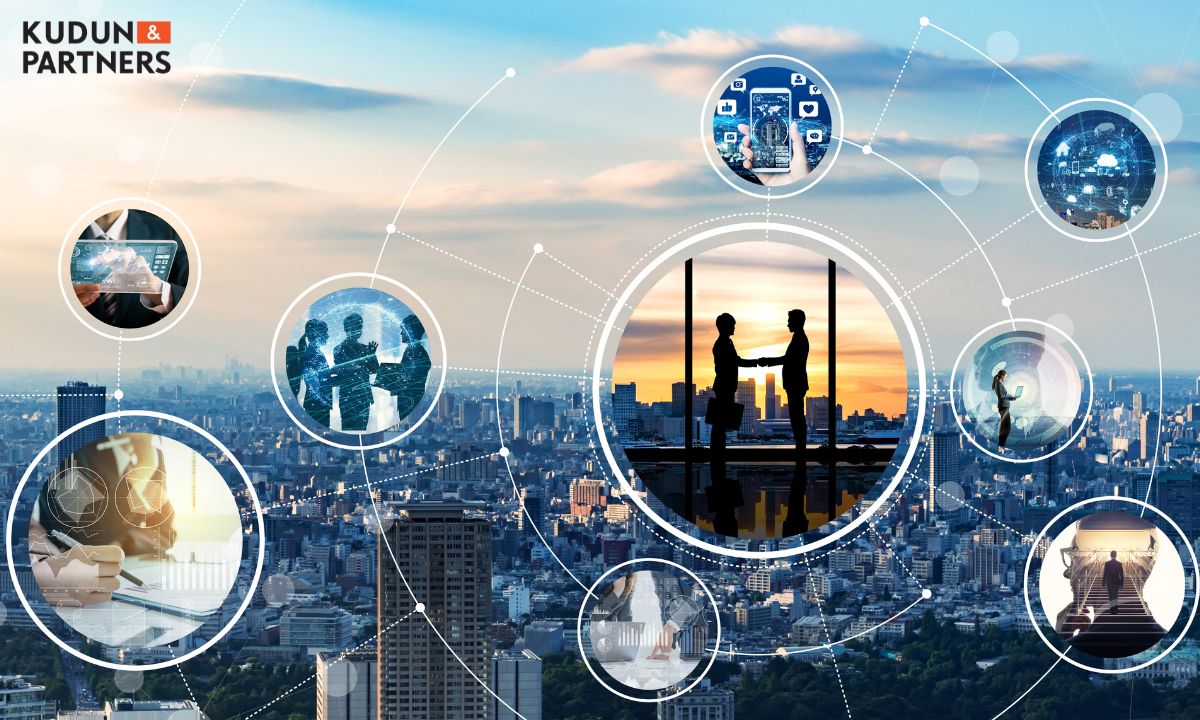Back in September 2022, the Thai government through the Board of Investment (“BOI”) launched the Long-term Resident (“LTR”) visa program with the intention to attract potential foreign individuals seeking to settle down in Thailand, whether for work opportunities or retirement. This strategic move is aimed to usher in a new wave of foreign direct investments (“FDI”) and knowledge-transferable experts to further stimulate Thailand’s economic growth.
Under the LTR visa program, successful candidates granted under the categories of Wealthy Global Citizens, Wealthy Pensioners, Work-from-Thailand Professionals or Highly-Skilled Professionals, together with their spouses and dependents enjoy several benefits. They include a 10-year renewable visa with multiple re-entry permits, the extension of the notifications of staying in Thailand over 90 days to 1 year, renewable digital work permits, 17% personal income tax rate for Highly-Skilled Professionals as granted by the Revenue Department, and a fast track service at international airports in Thailand. Remarkably since its launch, the BOI has received nearly 5,000 applications from individuals all over the world.
Recognizing the need to further attract foreign experts and retirees, particularly in the sectors such as artificial intelligence, finance, and marketing, as well as to facilitate the establishment of production bases for major foreign corporations in Thailand, the Thai government saw the need to amend the LTR visa application requirements to expand the scope of eligible Highly-Skilled Professionals.
Hence, on March 16, 2023, the BOI issued an announcement to amend the qualifications, criteria, and conditions for the LTR visa in this regard. As a result of this amendment, Highly-Skilled Professionals are now eligible to work in up to 15 targeted industries, which include:
-
-
- Automotive industry
- Electronics industry
- Affluent tourism industry
- Agriculture, food, and biotechnology industry
- Transportation and logistics industry
- Automation and robotics industry
- Aviation, aerospace, and space industry
- Biofuels and bio-chemical industry
- Petrochemical and chemical industry
- Digital industry
- Medical industry
- National defense industry
- Direct and significant supporting industries for the circular economy (e.g. fuel production from wastes, water resource management, etc.)
- International Business Center (IBC)
- Other industries where foreign applicants for the qualification endorsement must possess special expertise in one or more of the following areas:
-
-
-
-
- Research and development in targeted industries or technologies, such as biotechnology, nanotechnology, advanced material technology, and digital technology;
- Human resource development in science and technology at vocational or higher education levels;
- Application of artificial intelligence, automation, and robotics in business operations;
- Planning and development of digital systems to enhance business productivity and services;
- Financial or marketing analyst or advisory services;
- Environmental and energy management;
- Management or advisory of incubation programs, acceleration programs, innovation, and startup ecosystems;
- Alternative dispute resolution services;
- Promotion and support of economic development, trade, and investment by foreign chambers of commerce and organizations promoting trade and investment from foreign countries.
-
-
This amendment serves to make the list of targeted industries more flexible and practical to attract more foreigners to apply for the LTR visa under this category. Importantly, other LTR visa application requirements for Highly-Skilled Professionals remain unchanged and any successful applicants must meet the conditions as follows:
Income Requirements
-
- Personal income of a minimum of USD 80,000/year in the past two years.
- In case of personal income below USD 80,000/year but no less than USD 40,000/year in the past two years or before retirement, applicants must have a Master’s Degree or above in science and technology or special expertise relevant to the job assignment in Thailand.
- No minimum personal income for professionals working for higher education institutions, research institutions, specialized training institutions, or Thai government agencies.
Work and Other Requirements
-
- Must apply to work in business within the targeted industries (as listed above).
- Must have at least 5 years of work experience within the past 10 years in the targeted industries except for applicants who holds a Ph.D. or above in relevant fields within the targeted industries, or applicants working for higher education institutions, research institutions, specialized training institutions, or Thai government agencies.
- Must possess health insurance with at least USD 50,000 coverage or social security benefits that cover medical treatment in Thailand, or maintain a deposit of at least USD 100,000.
- Must not be classified as a prohibited person under immigration laws.
With the expansion of the LTR visa eligibility for Highly-Skilled Professionals, it is projected that over 9,000 foreigners will apply for the LTR visa by the end of 2023, allowing Thailand to attract more new technology transfers and over THB 50 million in FDI.
If you are considering applying for an LTR visa for yourself and your family or if you have any questions regarding visas and work permits in Thailand, our Employment and Benefits practice team is prepared to assist you. We have the expertise to navigate immigration procedures seamlessly, ensuring your experience of living and working in Thailand hassle-free.
For more information about the relevant regulations or any other notifications relating to foreign direct investment, please contact the authors or our team at Kudun and Partners.
About us
Employment and Benefits Practice
Managing human resource-related matters in an organisation requires empathy but at the same time, proper policies are required to be in place to protect employers from undesirable fallout with employees. Qualified advice on employment laws and trends, labour and human rights, handling demands of labour unions and retaining talents, especially during spinoffs or reorganization are necessary to maintain business success. Contentious employment law disputes are often a worst-case scenario for all parties involved. In an ideal world, things would never have reached this stage, but when legal proceedings become necessary to protect yourself and your interests, it’s important to have an experienced lawyer by your side to ensure you get the result you deserve.


